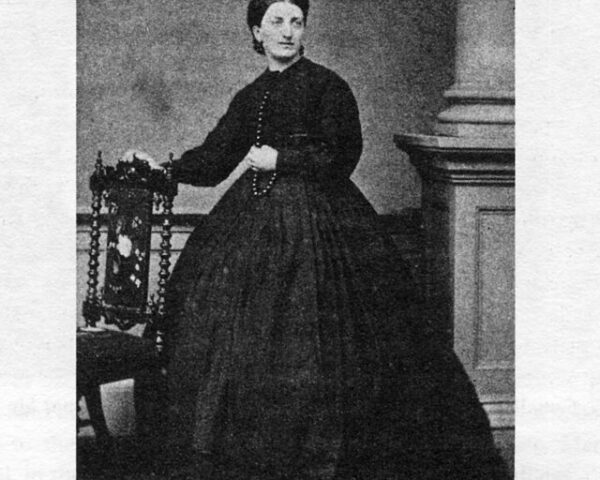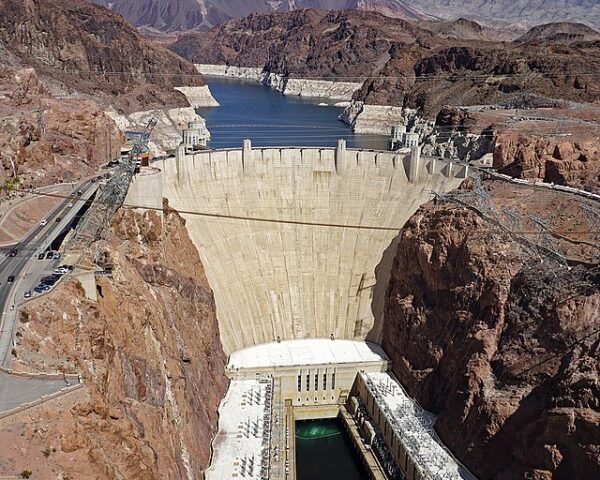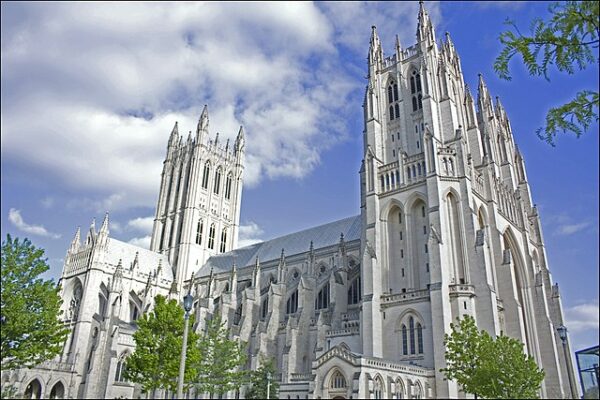When Isabella Mary Beeton’s Book of Household Management appeared on October 1, 1861, few could have anticipated the reach and endurance of what became the most famous domestic manual of the Victorian age. Selling some 60,000 copies in its first year alone, the work…
Read MoreThe first-ever World Series game in Major League Baseball history was played on October 1, 1903, marking the beginning of a storied tradition in American sports. The contest took place at Huntington Avenue Grounds in Boston, Massachusetts, pitting the Boston Americans (now the Boston…
Read MoreOn October 1, 1971, a new kingdom joined the ranks of the world. On that day Disney opened the gates to “the most magical place on Earth”: Walt Disney World. This sprawling complex, covering over 25,000 acres, was a monumental leap forward from Disneyland…
Read MoreOn September 30, 1399, England witnessed the first deposition of a crowned monarch when Henry Bolingbroke, Duke of Lancaster, was acclaimed as King Henry IV. The spectacle in Westminster Hall marked not only the humiliation of Richard II but also a fundamental shift in…
Read MoreOn September 30, 1935, one of the greatest engineering achievements of the 20th century was officially dedicated: the Hoover Dam. Standing tall on the border between Arizona and Nevada, the dam was a symbol of American ingenuity, resilience, and the nation’s drive to…
Read MoreOn September 30, 1968, the public saw the “Queen of the Skies” for the first time, the Boeing 747. One of the most iconic and influential commercial aircraft in aviation history, its story began in the late 1960s when Boeing initiated the development of…
Read MoreThe trading floor of the New York Stock Exchange fell into near-panic on Monday, September 29, 2008, as word spread that the United States House of Representatives had voted down the Emergency Economic Stabilization Act. By the close of the session, the Dow Jones…
Read MoreOn September 29, 1939, American sports and broadcasting history was made as NBC aired the first televised American football game. This groundbreaking event occurred at Columbia University’s Baker Field in Upper Manhattan, where the Fordham University Rams took on the Waynesburg Yellow Jackets. While…
Read MoreThe Cathedral Church of Saint Peter and Saint Paul, commonly known as the Washington National Cathedral, is a remarkable and iconic landmark in the United States. Located in Washington, D.C., this Gothic-style cathedral has a rich history dating back to its inception in the…
Read MoreIn the waning days of a pennant race already long decided, Ted Williams stepped into baseball immortality. On that afternoon, the 23-year-old left fielder for the Boston Red Sox recorded six hits in a doubleheader against the Philadelphia Athletics, finishing the season with a…
Read More










